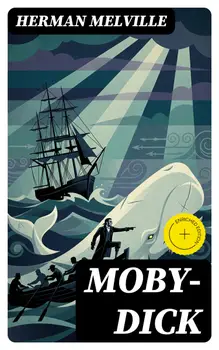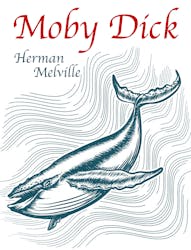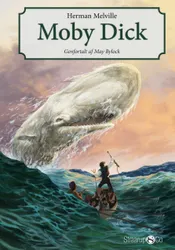Herman Melville's 'Moby-Dick' stands as a monumental work in American literature, merging philosophical inquiry with exhilarating narrative adventure. This epic tale follows Ishmael, a contemplative sailor, and his fateful encounter with Captain Ahab's obsessive quest to vanquish the great white whale, Moby Dick. Blending rich symbolism and vivid descriptions with a profound exploration of existence, fate, and the human condition, Melville's work is often hailed for its experimental prose and complex themes that draw upon the Romantic and Transcendentalist movements of the 19th century. Melville, inspired by his own maritime experiences and the tumultuous socio-political milieu of his time, navigated themes of revenge, isolation, and humanity's relationship with nature. Having sailed the seas himself, Melville imbued 'Moby-Dick' with a striking authenticity that reveals his deep-seated understanding of whaling culture, as well as the existential struggles inherent in human life. His reflections on ambition and obsession echo both in the personal narratives of his life and in the broader contexts of American history and mythology. This classic should be recommended for readers who seek to delve into complex characters and intricate themes. 'Moby-Dick' offers a timeless exploration of humanity's search for meaning amidst chaos, making it an essential read for those interested in literature that grapples with the intricacies of existence and morality.

Read and listen free for 14 days
Cancel anytime
Try free now




